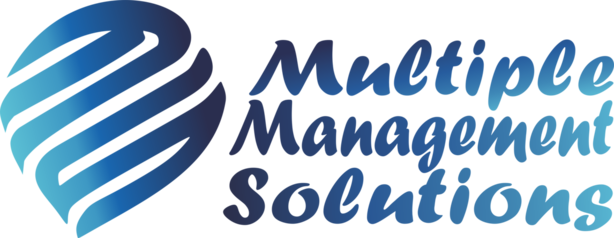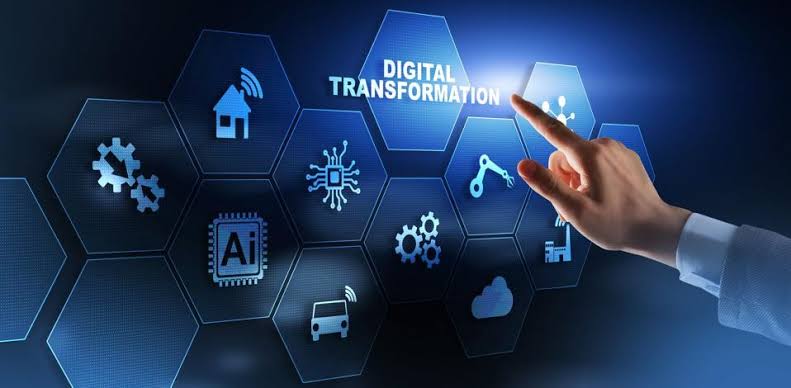How has technology changed your job?

Technology has revolutionized the way we work across industries, reshaping job roles, workflows, and business strategies. From automation to AI-driven insights, professionals in digital marketing, design, business consultancy, corporate training, and HR consultancy have seen significant changes in their daily operations.
Let’s explore how technology has transformed these key job roles.
1. Digital Marketing: From Manual Campaigns to AI-Driven Strategies
Then vs. Now
- Then: Digital marketers relied heavily on manual data analysis, guesswork in ad targeting, and time-consuming A/B testing.
- Now: AI, machine learning, and automation tools optimize campaigns in real time, predict customer behavior, and personalize content at scale.
Key Technological Impacts
✔ AI & Machine Learning – Tools like Google Ads Smart Bidding and Meta’s Advantage+ automate ad placements for maximum ROI.
✔ Data Analytics – Platforms like Google Analytics 4 and HubSpot provide deeper insights into customer journeys.
✔ Chatbots & Conversational Marketing – AI-powered chatbots (e.g., ChatGPT, Drift) enhance lead engagement.
✔ Programmatic Advertising – Automated ad buying reduces manual negotiations and improves targeting precision.
Future Outlook
Marketers must adapt to AI-generated content, voice search optimization, and privacy-centric strategies (post-cookie tracking).
2. Digital Design: From Static Graphics to Interactive & AI-Assisted Creativity
Then vs. Now
- Then: Designers relied on basic tools like Adobe Photoshop with limited collaboration options.
- Now: AI-assisted design, 3D modeling, and real-time collaboration tools dominate the industry.
Key Technological Impacts
✔ AI-Powered Design Tools – Canva’s Magic Design, Adobe Firefly, and Figma’s AI features speed up workflows.
✔ 3D & AR/VR Design – Tools like Blender and Unity allow immersive brand experiences (e.g., virtual showrooms).
✔ Automated Prototyping – Platforms like Webflow and Framer enable no-code website development.
✔ Cloud-Based Collaboration – Real-time feedback via Figma and Miro improves team efficiency.
Future Outlook
Generative AI will dominate design ideation, while AR/VR will become mainstream in branding.
3. Business Consultancy: From Gut-Based Decisions to Data-Backed Strategies
Then vs. Now
- Then: Consultants relied on historical data and intuition for recommendations.
- Now: Big data, predictive analytics, and AI-driven insights shape decision-making.
Key Technological Impacts
✔ AI-Powered Analytics – Tools like Tableau and Power BI help consultants visualize trends instantly.
✔ Automated Reporting – GPT-4 and Jasper generate business reports in minutes.
✔ Blockchain for Transparency – Smart contracts and decentralized finance (DeFi) influence advisory roles.
✔ Remote Consulting Tools – Zoom, Miro, and Slack enable global client collaboration.
Future Outlook
Consultants will increasingly rely on AI for scenario modeling and risk assessment.
4. Corporate Training: From Classroom Sessions to Microlearning & VR Training
Then vs. Now
- Then: Training was in-person, with lengthy modules and limited engagement.
- Now: Bite-sized e-learning, gamification, and VR simulations enhance retention.
Key Technological Impacts
✔ Learning Management Systems (LMS) – Platforms like Coursera, Udemy, and LinkedIn Learning offer on-demand upskilling.
✔ Gamification – Badges, leaderboards, and quizzes (via Kahoot!) improve engagement.
✔ VR & AR Training – Walmart and Amazon use VR for employee onboarding.
✔ AI-Powered Personalization – AI recommends courses based on skill gaps.
Future Outlook
Metaverse-based training and AI coaches will redefine corporate learning.
5. HR Consultancy: From Paper-Based Hiring to AI-Driven Talent Management
Then vs. Now
- Then: HR relied on manual resume screening and face-to-face interviews.
- Now: AI automates recruitment, while analytics predict employee turnover.
Key Technological Impacts
✔ AI Recruitment Tools – HireVue and Pymetrics assess candidates via video interviews and games.
✔ Employee Analytics – Tools like BambooHR track engagement and predict attrition.
✔ Chatbots for HR Queries – AI assistants (e.g., Leena AI) handle employee FAQs.
✔ Remote Work Tech – Platforms like Deel simplify global payroll and compliance.
Future Outlook
AI will dominate workforce planning, with a focus on diversity and mental health analytics.
Final Thoughts
Technology has not just changed these job roles—it has redefined them. Professionals who embrace AI, automation, and data-driven strategies will thrive, while those resistant to change risk falling behind. The future belongs to those who adapt, upskill, and leverage tech to enhance human expertise rather than replace it.
What’s the biggest tech-driven change you’ve seen in your industry? Share your thoughts below! 🚀








Share your views on it